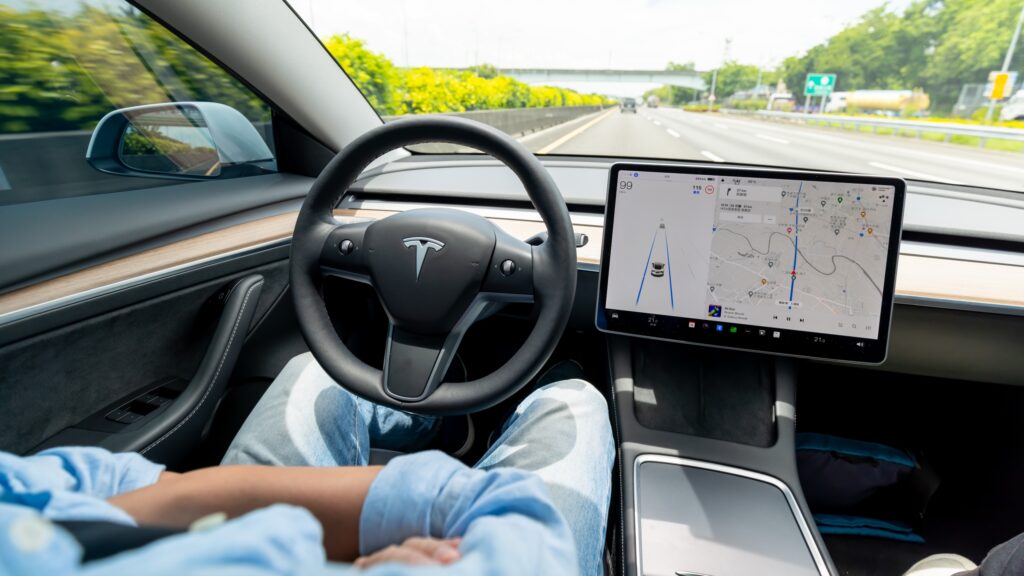Tesla’s Project Rodeo: The High-Stakes World of Autonomous Driving Testing
Self-driving technology is the future of transportation, with tech companies like Tesla leading the charge towards fully autonomous vehicles. However, the road to self-driving cars is paved with challenges, and one of the most crucial aspects of developing this technology is real-world testing. Tesla’s Project Rodeo, a specialized team of test drivers, has been thrust into the spotlight for their daring and high-risk approach to pushing the limits of the automaker’s Full Self-Driving (FSD) and Autopilot software.
According to a recent report by Business Insider, Project Rodeo test drivers are tasked with removing all sense of legal duty, moral ethics, and humanity in order to test the software to its limits. The goal is to create scenarios where the software is pushed to the brink of crashing, with test drivers riding a fine line between disaster and success.
The test drivers of Project Rodeo are divided into different teams, each with their own approach to testing the software. The “golden manual” team follows the rules of the road and does not use any driver-assistance features, while the “critical intervention” team allows the software to handle all aspects of the drive, intervening only to prevent a collision. This high-risk approach to testing is designed to collect data in real-world scenarios, allowing engineers to fine-tune and update the software for better performance.
However, the intense pressure to maintain risky driving situations or even create them to test the software has raised ethical concerns among test drivers. Some drivers have reported feeling pressured to break the law or put themselves and others in dangerous situations to collect data for the software. This includes running red lights, crossing double yellows, and exceeding speed limits on public roads.
Despite the risks involved, Tesla’s Project Rodeo continues to push the boundaries of autonomous driving technology. While other companies like Cruise and Waymo conduct rigorous testing in controlled environments, Tesla’s approach to real-world testing has raised eyebrows in the industry. As autonomous technology continues to evolve, the need for ethical testing practices and public safety remains a top priority for all companies involved in the race towards fully autonomous vehicles.
In conclusion, the development of self-driving technology is a high-stakes game that requires a delicate balance between innovation and safety. While Tesla’s Project Rodeo may be pushing the limits of autonomous driving testing, the ultimate goal is to create a safer and more efficient future of transportation for all.

